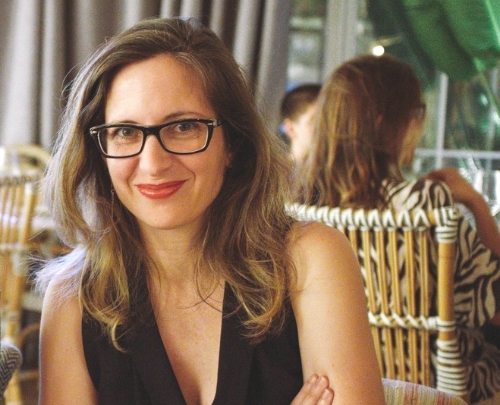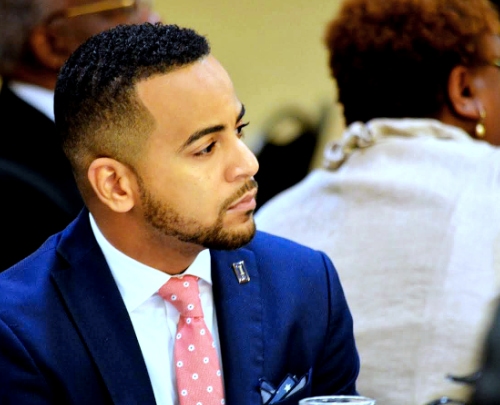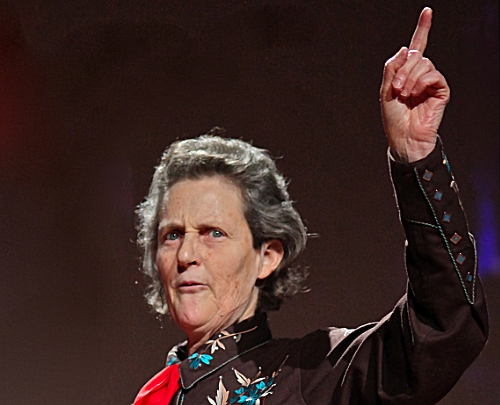31
Mar 2020
Why is it that we treat various species of animals so differently? In episode 71, Veronica Sevillano with the Autonomous University of Madrid discusses her research applying social psychology and conservation biology to understand the relationships people have with animals. Her chapter, "Animals a...
18
Feb 2020
What factors best predict success at college among youth formerly in foster care? In Episode 68, Royel Johnson from Pennsylvania State University's Department of Education Policy Studies discusses systematic literature review of research on the college success of this historically underserved popu...
4
Feb 2020
How can research improve the lives of livestock, even as they're on their way to slaughter? In episode 67, Temple Grandin from the Colorado State University's College of Agricultural Sciences talks with us about her work on promoting improved communications between academic researchers and those i......



